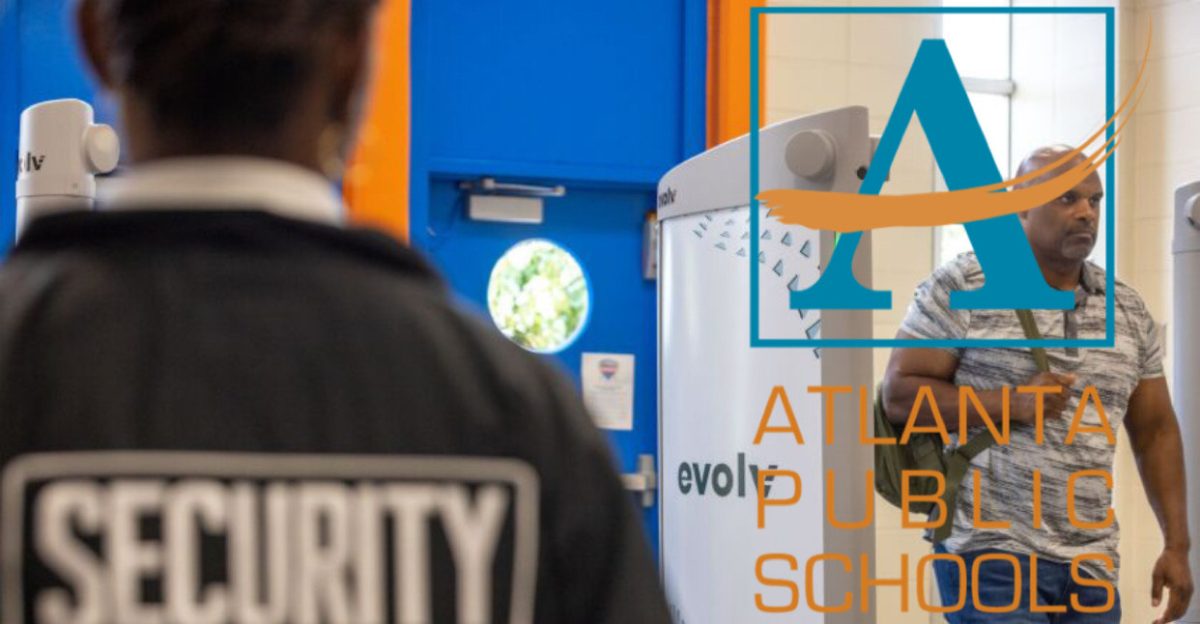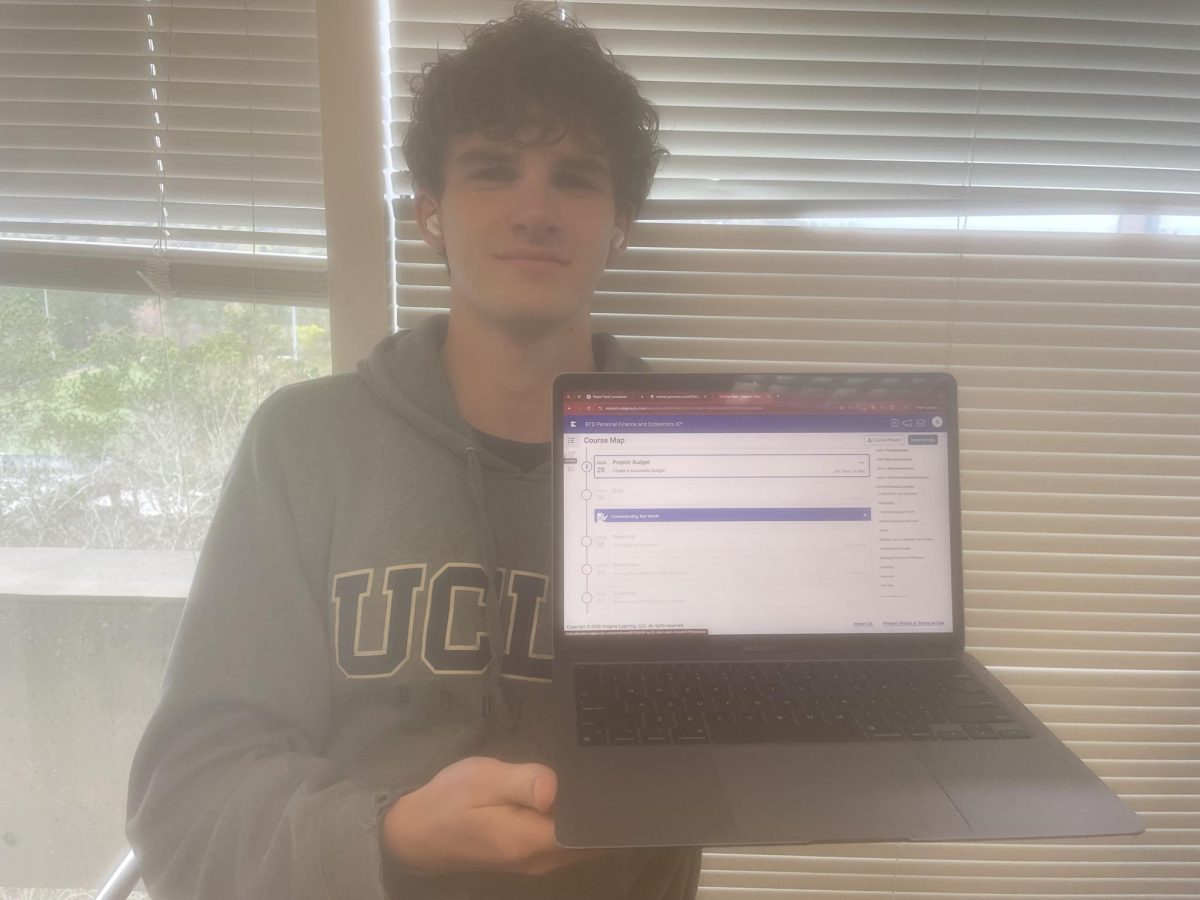In the US, the average price of a box of tampons is seven dollars, and a box of pads costs even more at an average of 9 dollars. Additionally, 24% of North Atlanta students are enrolled for free and reduced lunch, a percentage that doesn’t include students who are applicable yet have not applied. This data makes it safe to assume that many female students cannot afford feminine products. Such products are a monthly necessity, and providing access to them allows for less stress on teenage girls’ shoulders.
Last year, North Atlanta introduced free feminine product dispensers to the girls’ restrooms on its campus. Many students were incredibly grateful for this addition, yet said gratitude quickly wore off after the initial supply ran out and no restocks were made. Despite vast amounts of supplies, the off-site janitorial team made no attempt to refill the dispensers. This year, in part to combat this problem, a new janitorial team has been hired and is dedicated to amending the issue. Many remain skeptical as there have yet to be any restocks. “While I love the idea, I still have to ask around for a tampon when I start my period, so I’m not getting my hopes up.” said senior Kennedy Marable.
The feminine product dispensers were put into place after many female students would turn up in the office asking for period products, proving the obvious need for free feminine product dispensers. Until dispensers are restocked, girls can find supplies in the nurse’s office on the 2nd floor, which is rather far from the average class. This leads to time away from instructional time, and girls should not have to make sacrifices in their education in order to access feminine products. “I would rather bleed through my pants than get yelled at by my teachers for missing class,” said junior Addie Langston.
The issue of inadequate restocking of feminine products and dispensers in our high school is a matter that demands attention. Access to menstrual hygiene products is a basic necessity that should not be compromised. While it’s encouraging to see the growing awareness around this issue, it’s important that the awareness leads to change. Ensuring the availability of famine products fosters an environment of inclusivity, understanding, and support for all students.




















